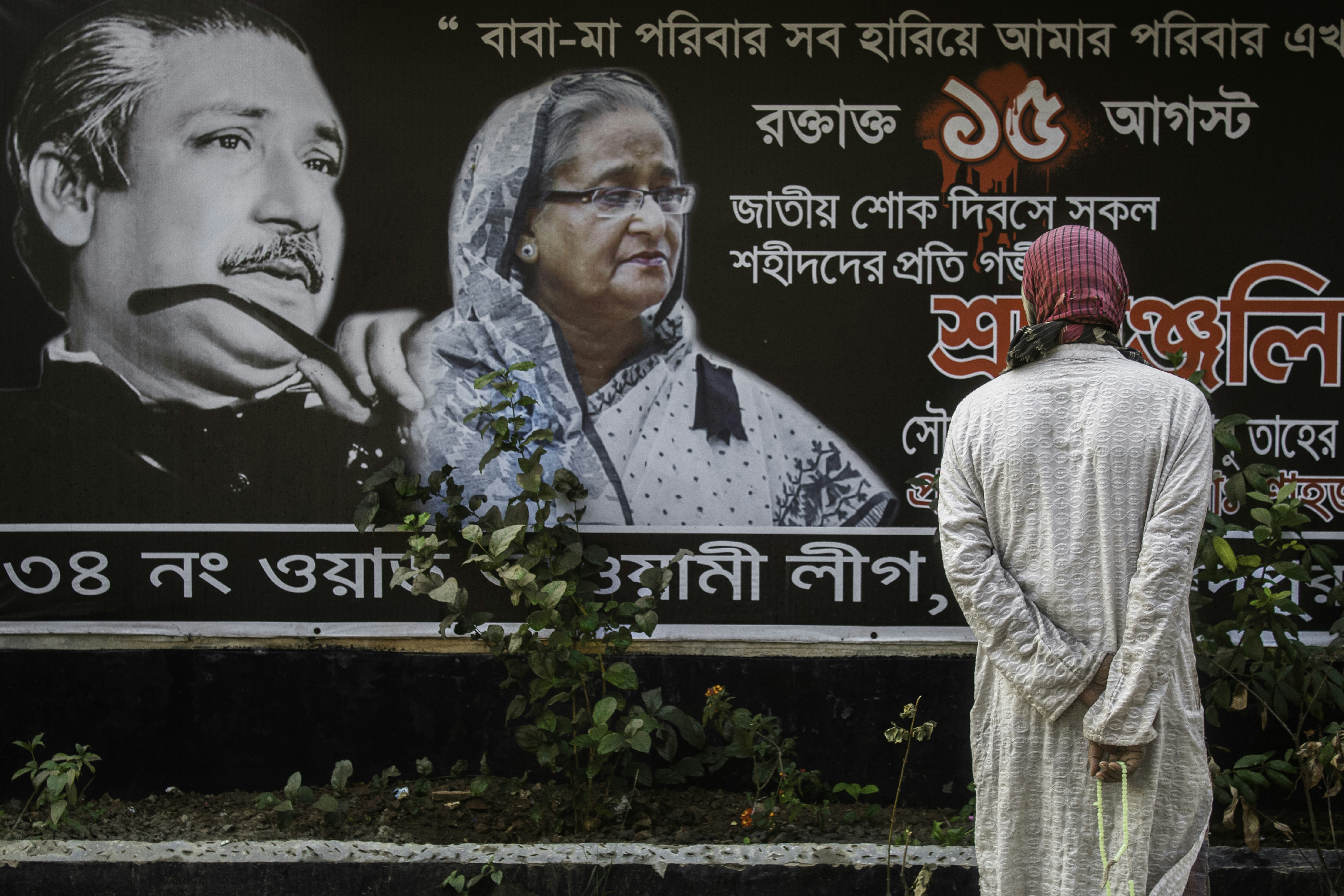Introduction to Thaksin Shinawatra
Thaksin Shinawatra, the former Prime Minister of Thailand, is a figure who has stirred controversy and division within the country. First coming to power in 2001, his tenure was marked by significant economic growth and popular welfare programs. However, his leadership style and controversial policies garnered strong opposition, leading to his eventual ousting in a military coup in 2006.
The Impact of Thaksin’s Policies
Thaksin’s government introduced several landmark policies aimed at improving healthcare, education, and rural development. While these initiatives saw success in many areas, they also incited criticism regarding their execution and the perceived authoritarian nature of his leadership. Supporters argue that Thaksin’s approach greatly benefitted Thailand’s lower-income population, while detractors claim it fostered a culture of corruption and cronyism.
The Legacy of Thaksin Shinawatra
Even after his exile, Thaksin continues to wield substantial influence over Thai politics. His family and associates established the Pheu Thai Party, which has maintained a following among his supporters. The divisive nature of his legacy is evident in ongoing political conflicts in Thailand, as rival factions continue to vie for power. Thaksin’s story encapsulates the complexities of Thai democracy and serves as a reflection of the nation’s ongoing struggles with political identity.


